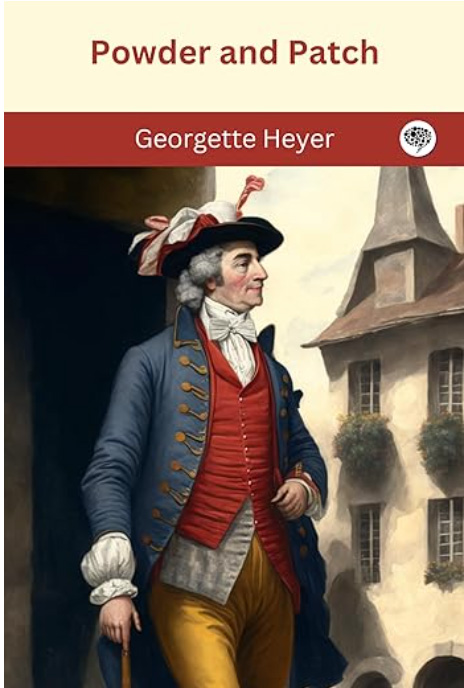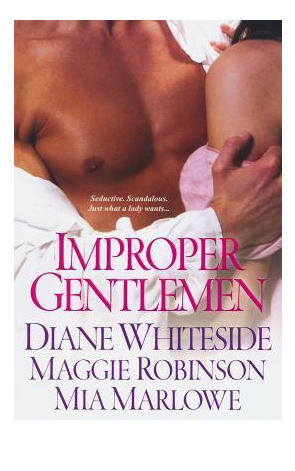I received this book for free from my own shelves in exchange for an honest review. This does not affect my opinion of the book or the content of my review.
Source: my own shelves
The Spanish Bride
by
Georgette Heyer
historical romance in a paperback edition that was published by Arrow on June 2, 2005 and has 422 pages.
Explore it on Goodreads or Amazon, Audibles.
Other books by this author which I have reviewed include These Old Shades, Bath Tangle, Lady of Quality, The Black Moth, Venetia, Simon the Coldheart, Beauvallet, A Civil Contract, Regency Buck, An Infamous Army, Frederica, The Unknown Ajax, Black Sheep, Sprig Muslin, Sylvester or the Wicked Uncle, The Grand Sophy, These Old Shades, Arabella, Powder and Patch, The Reluctant Widow, The Nonesuch
A standalone Regency historical romance.
My Take
The focus is on Captain (Brigade-Major) Harry Smith and the Spanish bride he takes into his heart, Juana, at the end of the siege of Badajos. For a switch, the marriage takes place at the beginning of the story while their married life plays out against the Peninsular War of Napoleon versus Wellington.
You cannot pick up a novel or history of the Peninuslar War without some reference to Captain Harry Smith and his Juana. While most of the story is of the campaigns from the siege of Badajos up to Napoleon’s first abdication, the story of Harry and Juana swirls throughout providing us with an idea of how unusual it was for a well-born lady to “follow the drum” — the best comparisons are the reactions of Harry’s fellow officers and the soldiers in his brigade.
The Spanish Bride is neither one nor the other. It’s not a strict romance nor is it a story about war and its battles. Rather, it’s a story of the friendships that form on a battlefield and the social activities that make it less brutal.
An excellent story for those interested in how Wellington’s officers saw him and in the culture, mores, and lifestyle of the day and day-to-day living from battlefield to battlefield.















